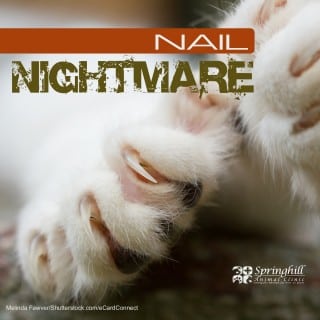Equine encephalitis, also called “sleeping sickness,” is a mosquito-transmitted disease that can cause severe inflammation of the brain in both horses and humans. There are three distinct versions of the disease, two of which are Eastern equine encephalitis (EEE) and Western equine encephalitis (WEE).
As the name suggests, EEE is found primarily in the Eastern United States and Canada. WEE is prevalent in areas ranging from Argentina to Western Canada and in the United States in states west of the Mississippi River. Because the mosquito plays such a vital role in transmitting the disease, most cases are reported between June and November, although in warmer climates cases can be seen year round.
Viral encephalitis viruses affect the central nervous system. Infected animals will show signs of fever and depression (beginning five days after infection), diarrhea, overall drowsy appearance and no desire to move, refusal of food and water, paralysis, convulsions and coma. Statistics show that fatalities are highest in horses who contract the EEE strain, ranging from 75 to 100 percent, and frequently death will occur two to three days after the first symptoms present themselves. There is no specific treatment for either WEE or EEE other than supportive care.
Luckily, prevention is possible. The first step is to make sure your horse is current on all of her vaccinations. The first vaccine should be given prior to mosquito season in the spring or early summer and be followed by a second vaccination in two to four weeks. Immunizations last six months and need to be repeated annually.
The next best thing to do is to have an adequate mosquito control plan. Controlling that which spreads the disease could keep your horses free from an outbreak. Reduce potential breeding grounds by eliminating areas that collect standing water. This destroys larval development habitats or, at the very least, keeps them to a minimum. Keep weeds around ponds and ditches mowed so natural predators of the mosquito such as birds, fish and bats have clear hunting grounds. Consider fencing off pond access or at least keeping the footing dry or well-drained to prevent small puddles forming in footprints. Promote proper drainage around watering troughs and keep the tanks clean to reduce mosquito breeding potential. If you choose to implement chemical controls, be certain to rotate them to avoid causing resistance over time.
If you have any questions about the vaccinations that your horse is currently in need of, or you are concerned that your horse isn’t quite acting like herself, call us to schedule an appointment or consultation today.



